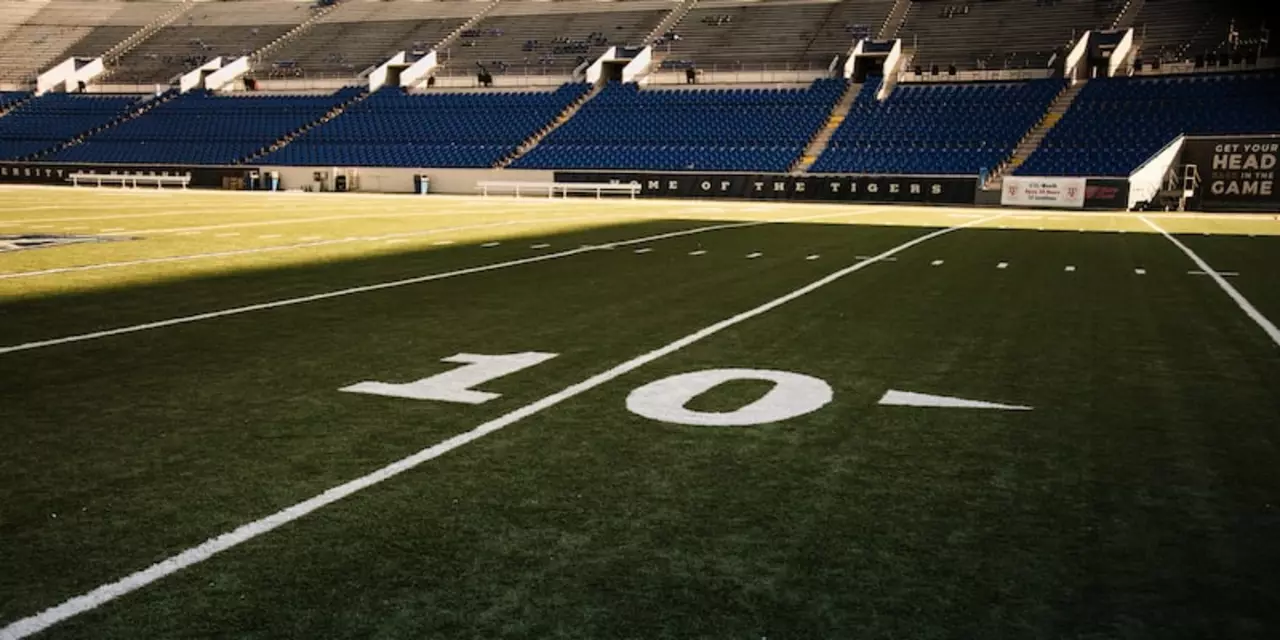Games – Understanding Sports, Competition, and Betting
When talking about games, organized activities where participants strive to win by applying skill, strategy, or chance, most people picture a football match or a boxing bout. Also known as sporting contests, games can be casual backyard fun or high‑stakes professional events. Below we unpack the main ideas that tie these articles together.
Sports, physical activities governed by rules and often played in teams or individually form the biggest slice of the games universe. Whether it’s football, cricket, or basketball, sports demand training, teamwork, and a clear set of objectives. They also create a platform for betting, fan rivalry, and media coverage. In the same breath, football, a team sport where 22 players aim to move a ball into the opponent’s goal stands out as a global driver of game‑related discussion, from transfer rumors to match odds.
Key Related Topics You’ll Encounter
Another pillar of the games world is boxing, a combat sport where two fighters use punches within a timed bout. Boxing combines raw physical power with tactical pacing, and its history is peppered with debates about fairness and even alleged rigging. Finally, betting odds, numerical expressions of the probability of a specific outcome in a game connect the sporting arena to the financial market, influencing how fans engage with matches and how clubs assess value.
These entities interact in clear ways: games encompass sports, sports require skill and strategy, and betting odds influence the economic side of games. In turn, boxing provides a glimpse of individual competition that contrasts with team‑based football. The relationships form a web where each node adds depth to the overall picture of competitive play.
Our collection below reflects that web. You’ll find analysis of a football star’s transfer odds, a deep dive into the physics of a chest strike that can stop a heart, a look at why some cities host two teams in the same sport, and even a speculative piece on the far‑future Super Bowl. Each article tackles a different angle of games, showing how the concept stretches from on‑field action to off‑field consequences.
Take the piece on Florian Wirtz’s Liverpool odds: it blends player performance, transfer fees, and the betting market, illustrating how a single game can generate a cascade of financial and strategic decisions. The article about commotio cordis highlights how violent impacts in sports games can have life‑changing health implications, stressing the need for safety gear. Meanwhile, the discussion on dual‑team cities explains how market demand and local rivalry can shape the very structure of games within a region.
Other posts examine the cultural side of games. The debate around Tom Brady’s possible retirement touches on legacy, fan identity, and the emotional weight of a star leaving the field. The Super Bowl 1000 speculation projects games into a sci‑fi future, reminding us that the concept of competition evolves with technology. Even the query about Hall of Famers on a single game showcases how historic talent can elevate a single match to legendary status.
All these topics share a common thread: they treat games not just as pastimes but as drivers of community, economics, and personal health. Whether you’re a casual fan, a betting enthusiast, or someone interested in the science of sport, the articles give you actionable insight and fresh perspectives.
By the end of this page, you’ll have a clearer sense of how games operate across different levels—local clubs, national leagues, and global spectacles. You’ll also see how related concepts like sports, football, boxing, and betting odds intersect to shape the experience of competition for millions of people.
Ready to explore the variety? Below you’ll find a curated list of posts that dive into every facet of games, from thrilling match predictions to the serious health risks that can arise on the field. Let’s get into it.
Why are there 3 NFL games this Saturday?

